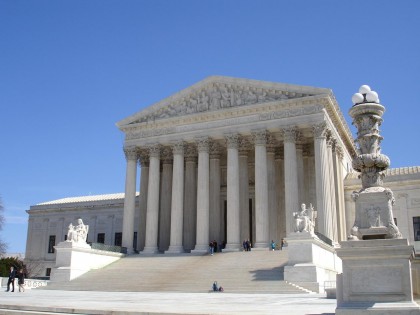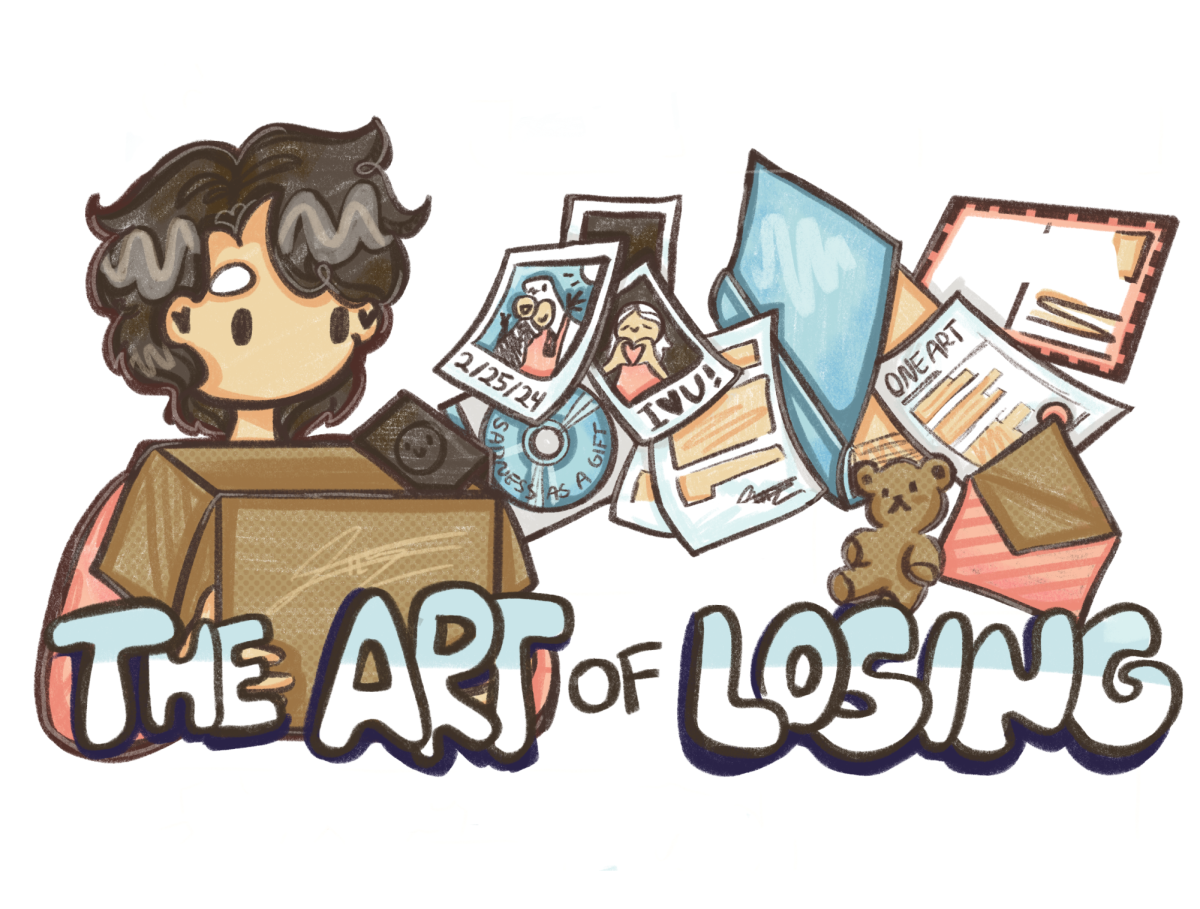
It has been debated for over fifteen years. It has been legalized in sixteen states. And it is now up for debate in the U.S. Supreme Court. The highest court in the United States now has the ability to legalize same-sex marriage across the entire nation. One problem persists, however: the Supreme Court is afraid to make this revolutionary ruling.
Why same-sex marriage should be legal
“Traditional” marriage, or marriage between a man or a woman, has been accepted for thousands of years. Same-sex marriage only began gaining acceptance in the U.S. in 2000, when Vermont became the first state to legalize the practice. For an issue so new and revolutionary as this one, it is only natural for there to be strong opposition to its legalization.
Yet the arguments that those who oppose same-sex marriage have brought up are becoming more and more unreasonable. Distraught by the derailing of “traditional” marriage, many opponents of same-sex marriage tend to overlook the fact that some “traditional” marriages consist of divorces, adultery, and having children underage — all of which, according to their logic, are more ethical than a union between two men or two women.
Moreover, opponents of the practice fail to recognize that by preventing same sex couples from marrying, they not only are fostering social discrimination, but economic discrimination as well. The New York Times has calculated that same-sex couples who cannot marry pay $41,196 to $467,562 more in expenses over their lifetime than do their straight counterparts, because they do not receive the same marriage benefits by law. Opponents cite religion and “natural order”, but are unable to realize that their actions are inherently un-American, denying citizens the equality of opportunity mandated by the Constitution.
Additionally, these same opponents argue that the purpose of marriage is to produce children in order to continue the future generation, something that same-sex couples are unable to do. By that logic, however, infertile individuals should be not allowed to marry either. And if the only purpose of marriage was to procreate as a race, polygamy and polyandry, practices that involve multiple wives and husbands, should be legal as well.
Furthermore, same-sex couples allow orphans to be a part of loving family, which these children are unable to receive in orphanages and foster homes. In fact, according to the U.S. Census Bureau, over 110,000 children in just the sixteen states that allow same-sex adoption live with gay parents. Without these adoption laws, many of these children would likely still be in an orphanage or foster home.
The Supreme Court Case
The job of the U.S. Supreme Court in the recent case regarding same-sex marriage, Hollingsworth v. Perry, is to answer the following question: is placing restrictions on same-sex marriage unconstitutional? The answer is simple, but has a chance to affect the entire nation in a very profound way.
The 14th Amendment to the Federal Constitution makes it illegal for a state to “deny to any person within its jurisdiction the equal protection of the laws.” Therefore, a same-sex couple and a straight couple should both be given this “equal protection of the laws” with regard to marriage rights. Indeed, this argument has been confirmed by the U.S. Court of Appeals for the Ninth Circuit, a court that ranks just one notch below the U.S. Supreme Court.
However, the stakes of this debate are quite high; if the high court knocks down Proposition Eight in California on the basis that it violates the 14th Amendment, the ruling would automatically legalize same-sex marriage all across the entire nation, not just California. After all, if banning same-sex marriage is federally unconstitutional in California, it is, by extension, unconstitutional in the rest of the nation as well. If the high court makes this nation-wide ruling, even in states like like Alabama and Mississippi, which are heavily anti-gay, same-sex marriages would be allowed to proceed.
Why the Supreme Court is unwilling to make a bold ruling
“Is there any way to decide this case in a principled manner that is limited to California only?” – Associate Justice Sonia Sotomayor
It was clear from last week’s hearing that the justices are apprehensive about forcing highly conservative states to accept same-sex marriage. Justice Anthony Kennedy, for instance, complained that this case is taking the court into “uncharted waters.” Even Sonia Sotomayor, a justice who is widely regarded as liberal, seemed hesitant to move forward, asking “if the issue is letting the states experiment and letting the society have more time to figure out its direction, why is taking a case now the answer?”
It is clear though that the high court is looking for a way to make a ruling that would only affect California, so that it wouldn’t trample on the existing laws in the rest of the country. Indeed, at one point in the hearing, Justice Sotomayor bluntly asked “is there any way to decide this case in a principled manner that is limited to California only?”
Yet by trying to skirt the nation-wide ruling, the Supreme Court is failing as a government entity. Its job, as expressed earlier, to determine the constitutionality of ban on same-sex marriage, not to judge the political landscape and the public’s opinions of the issues. All scholarly vernacular aside, the court is “chicken” in this case, as it is afraid to make a bold, national ruling to legalize same-sex marriage in places that may not want it.
What needs to be done
While the apprehension surrounding the sweeping change of legalizing same-sex marriage is understandable, it is apparent that banning the practice is unethical, un-American and unconstitutional. The arguments opposing same-sex marriage fail to take into account the significant social and financial discrimination that results from banning the practice. The Supreme Court must boldly step up and defend the Constitution and the rights of all American in the Hollingsworth v. Perry case, rather than attempting to tiptoe around the unstable political landscape of the nation. The nine justices have a chance to settle this debate once and for all.





















